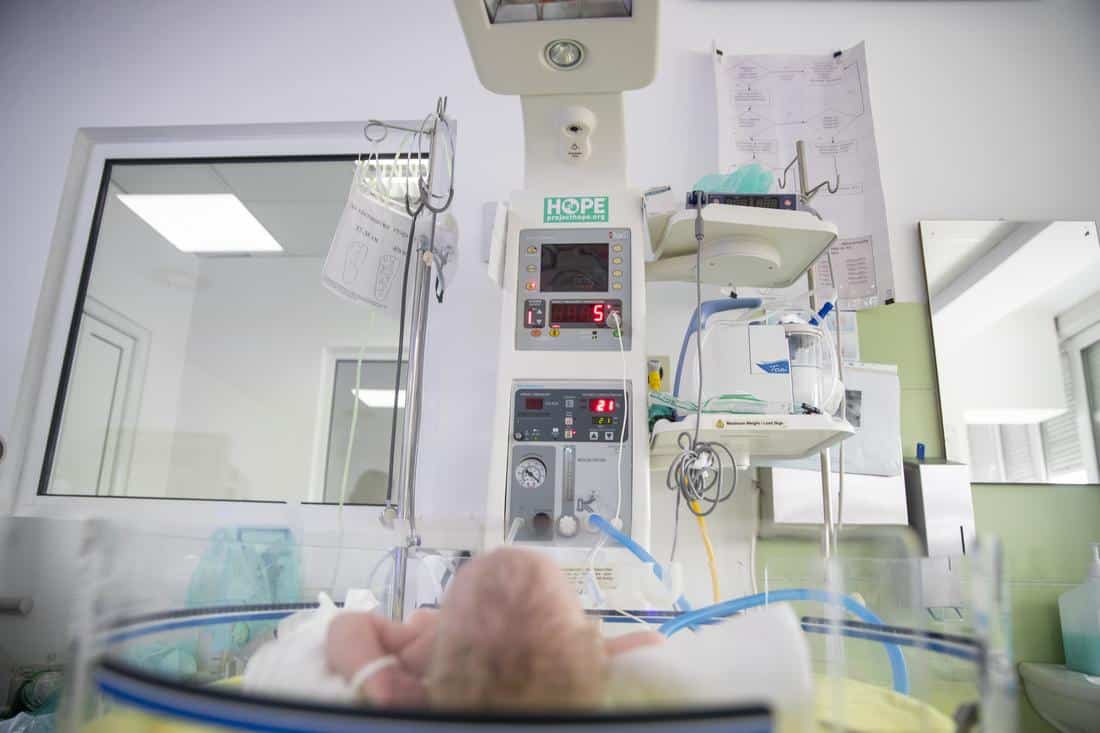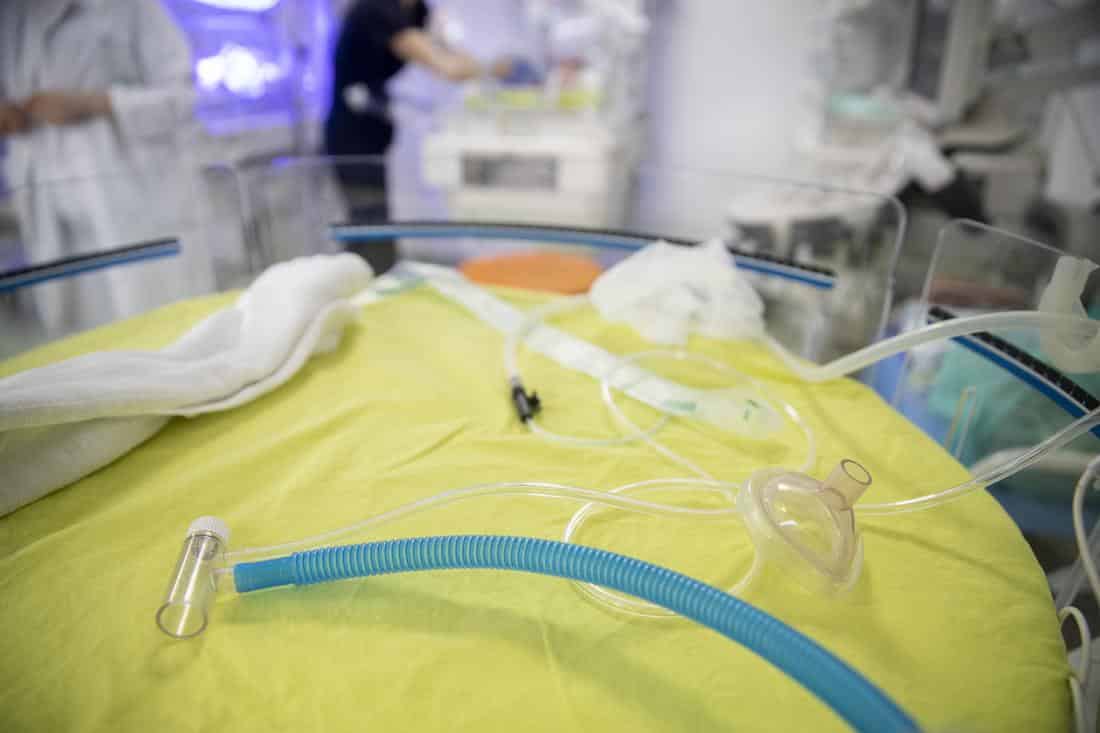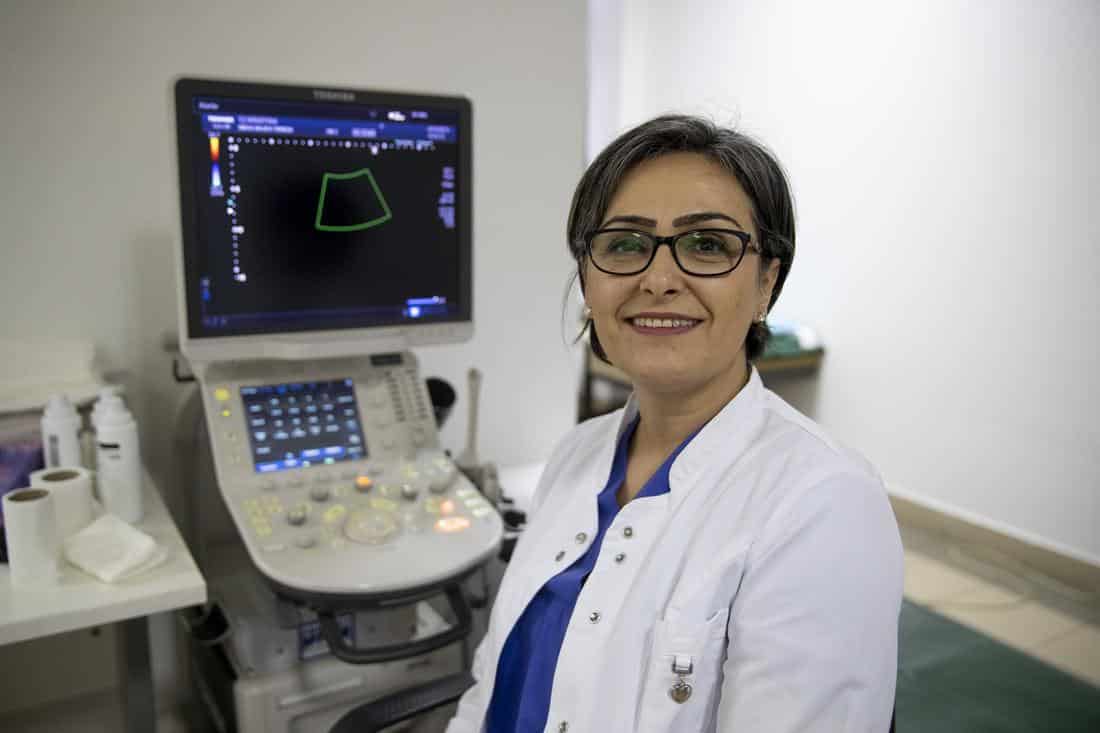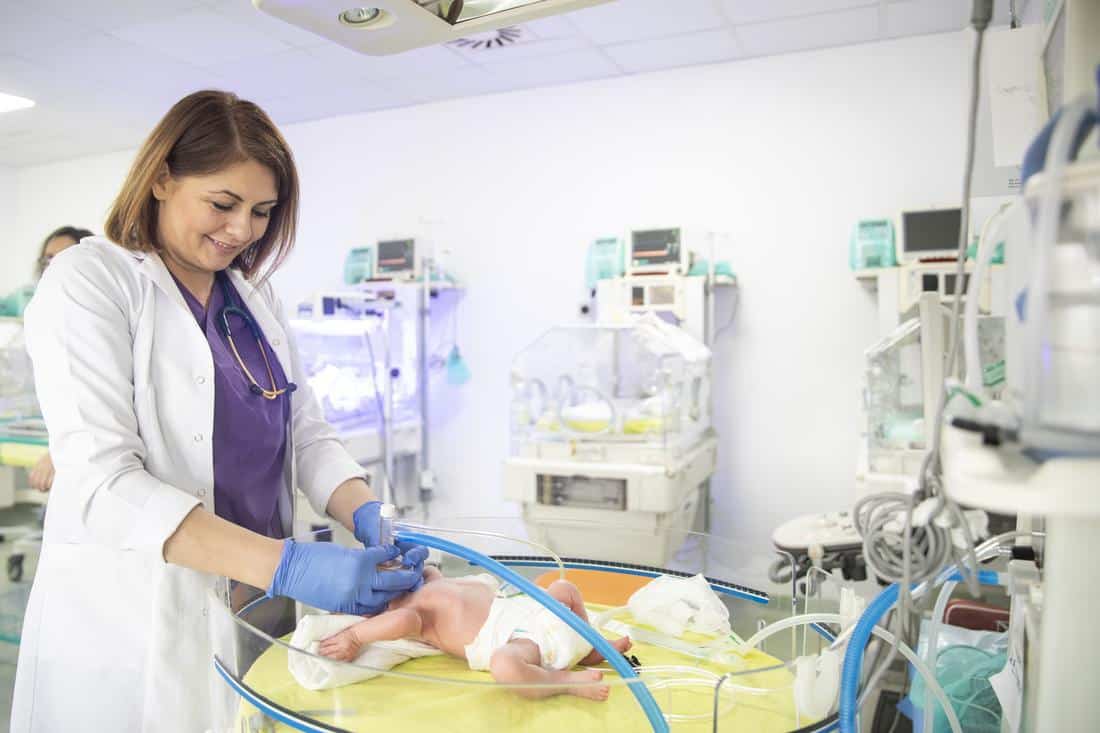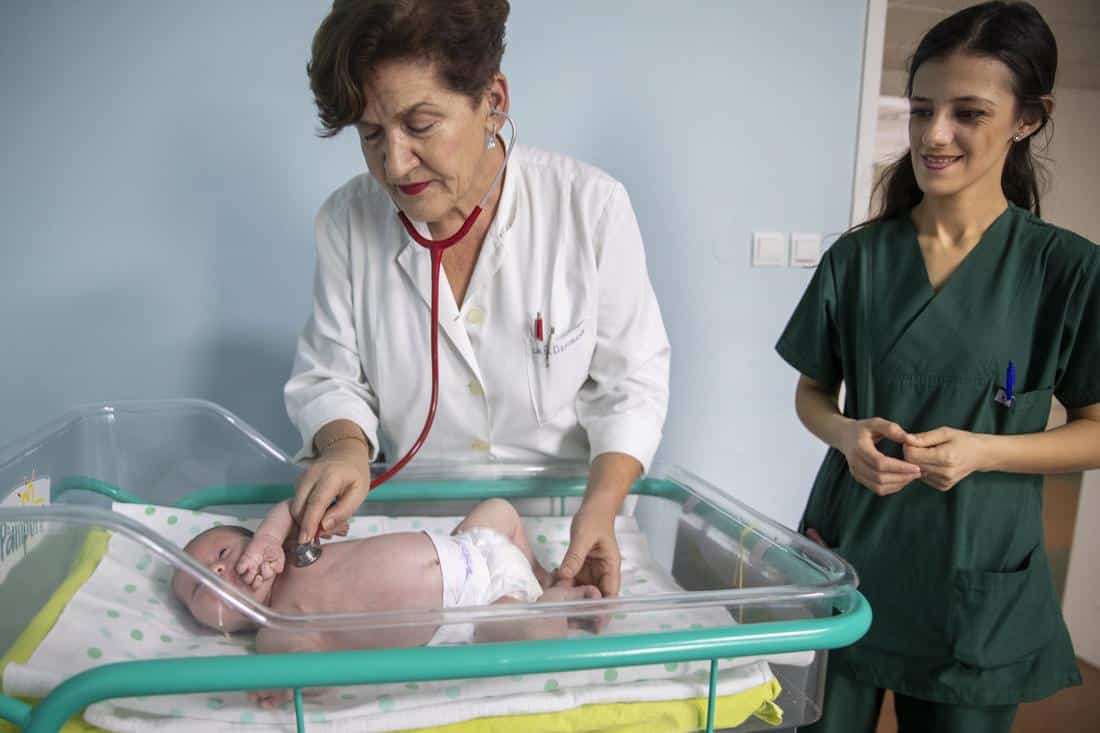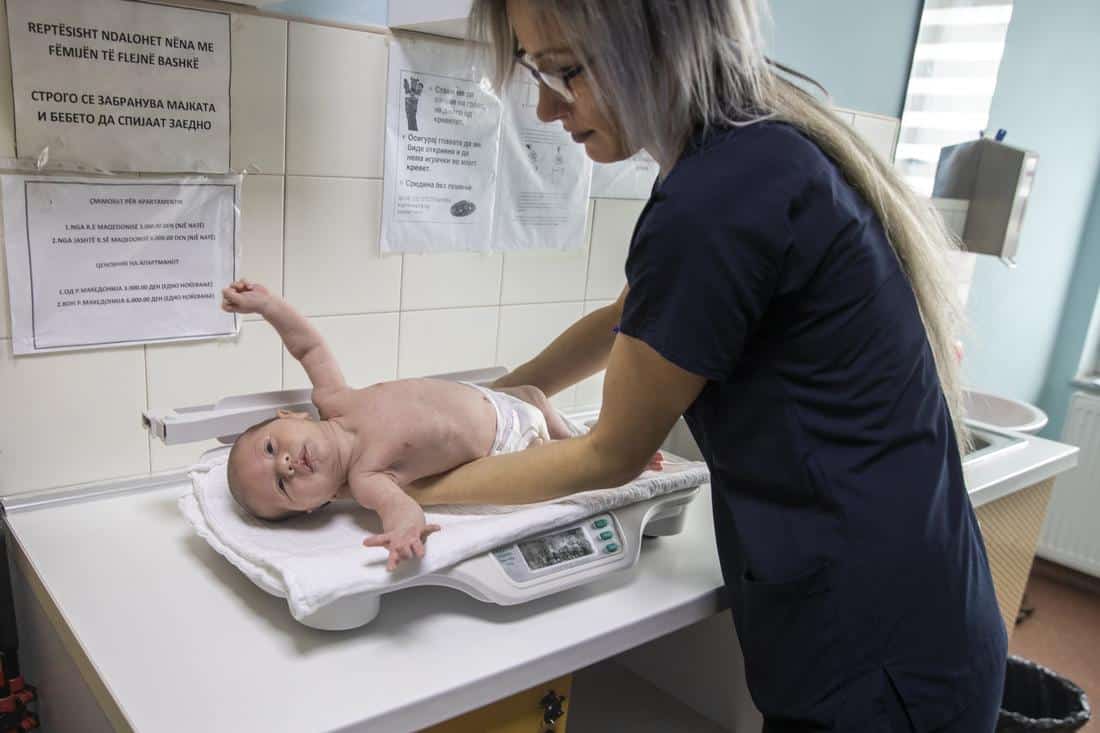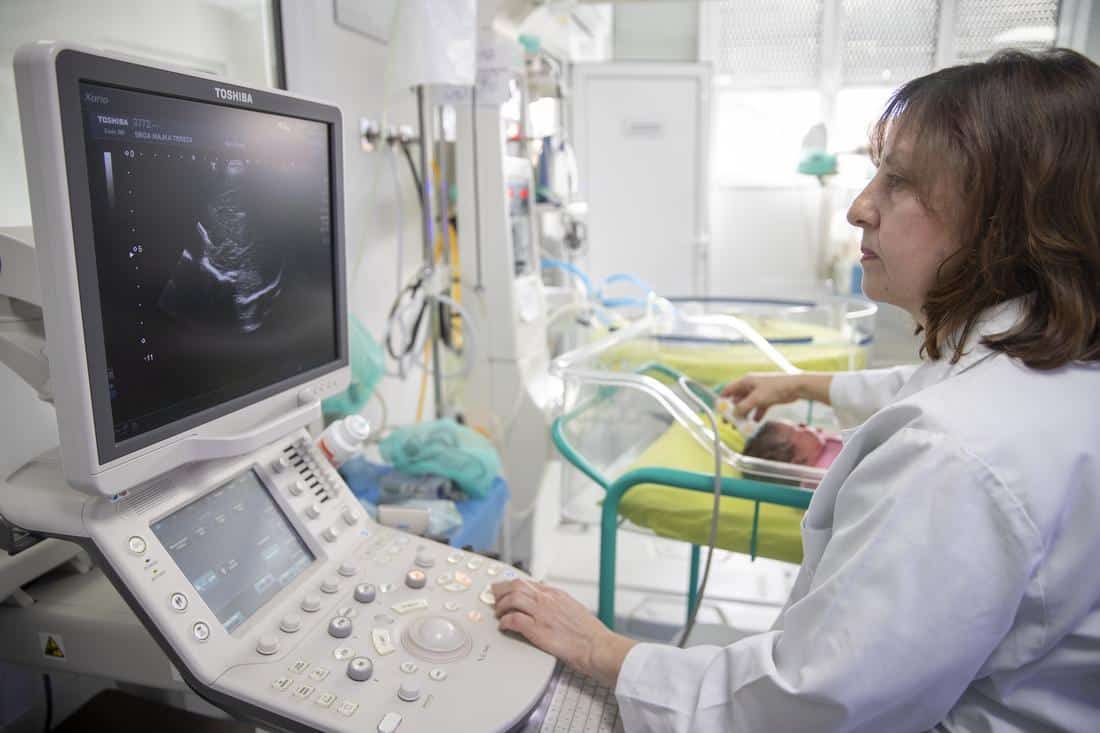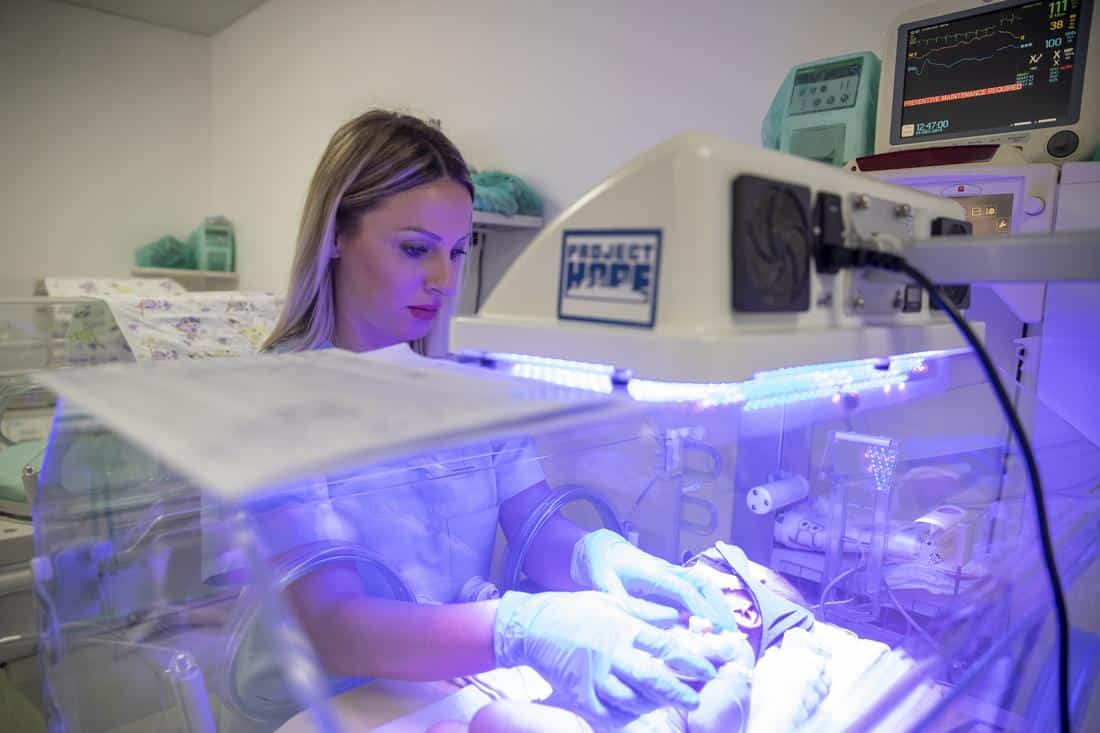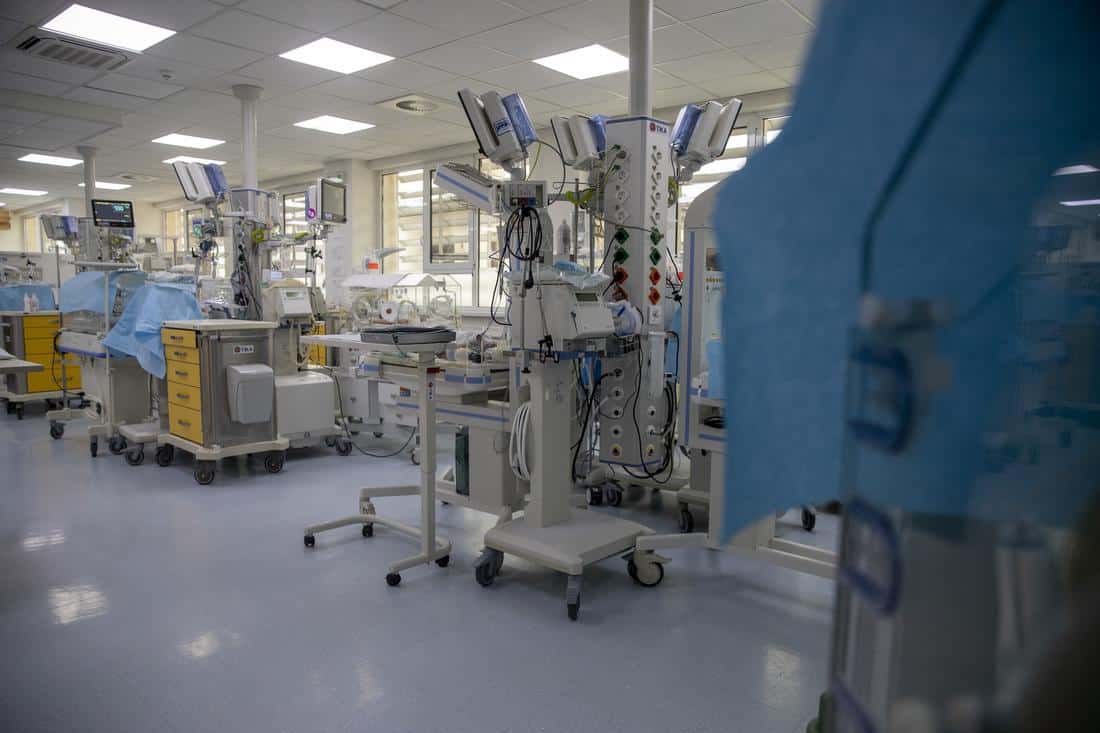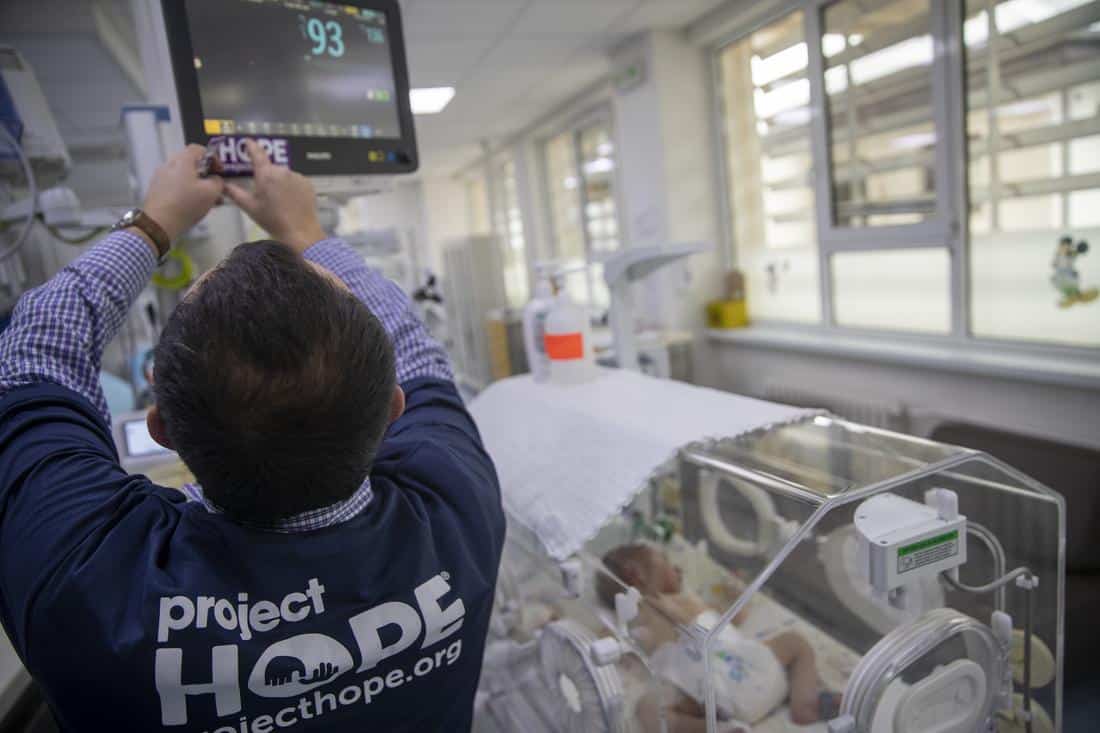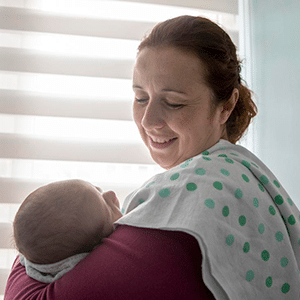
North Macedonia
About North Macedonia

Located in the Balkan Peninsula in Southeast Europe, North Macedonia gained its independence from Yugoslavia in 1991. Home to just over 2 million people, the country has faced challenges in overcoming years of political crisis and instability and stimulating sustainable economic growth and development. Roughly a quarter of the population lives in Skopje, the nation’s capital and largest city.
The health of the population has improved over the last few decades, but North Macedonia still struggles to meet global health standards, working with limited economic resources. Many hospitals and health clinics are unable to find or afford some of the most basic medicines and supplies — and health services suffer as a result.


The Challenges
Poor maternal, neonatal, and child health
In 2017, Macedonia had the worst neonatal mortality and morbidity rates in all of Europe. Strengthening maternal, neonatal, and child health remains one of the country’s highest health priorities.
Increasing burden of noncommunicable diseases
The risk of noncommunicable diseases is on the rise, often exacerbated by unhealthy lifestyle choices. Worsening air pollution (another risk factor) is also a top national concern.
Cardiovascular diseases are the leading cause of death in the country, responsible for around half of all premature deaths.
Lack of resources
A shortage of health workers and overall lack of medicine and supplies undermines the health system and exacerbates all health challenges.
Equipment and supplies are often outdated and insufficient, medicines are either unavailable or too expensive, and many health workers leave the system to seek better working conditions.

Bringing HOPE to North Macedonia
Our history in North Macedonia
Project HOPE’s work in North Macedonia first began in 1992, with a program to improve patient care by strengthening the management skills of key hospital and health professional staff.
Today, we are helping reduce perinatal mortality, strengthen maternal health facilities, and alleviate shortages of essential medicines through our innovative Strategic Medical Re-Supply Program. We also donate medical equipment through PeriMAC, a program launched in 2017 in collaboration with Project HOPE Germany and the Ministry of Health and implemented with the support of many local and international donors, embassies, and supporters.
Delivering essential medicines and supplies
We work closely with the Ministry of Health and government health facilities to deliver essential medicines and medical supplies where they’re needed most. Donations include everything from pharmaceutical drugs and consumer disposable products to medical equipment.
Thanks to these donations, hospitals and clinics are able to save and reinvest in other priority areas to improve patient care.
Improving newborn and maternal care
Project HOPE is focused on reducing perinatal mortality and improving neonatal and maternal health. Supplying hospitals and clinics with the latest medical equipment is an essential part of this work.
Since 2017, through the PeriMAC program, we have donated equipment and supplies to two hospitals in Skopje — the Special Hospital for OBGYN – Mother Teresa Skopje and the intensive care unit of the University Children’s Hospital — and two hospitals outside of the capital — the Clinical Hospital in Tetovo and General Hospital in Kumanovo. Donations include delivery beds, patient monitors, fetal monitors, radiant warmers, surgical instruments, and more.
Photos: Saving Lives in Kosovo and North Macedonia
Training health workers
Project HOPE has been connecting health workers to training on new procedures and equipment for nearly 30 years.
“Our mission is to enable health care workers to fulfill their full potential. Training is the most sustainable way that you can help and support the health system. Health workers will have that knowledge for the rest of their lives, and they can share that knowledge with their colleagues… With small investments, you can have a huge impact.”
In partnership with the University Hospitals in Amsterdam and Bonn, we train health workers on the proper use of donated medical equipment and supplies. We also strengthen the capacity of pharmacies by training pharmacists and health facility personnel in international best practices in inventory management.
To reduce perinatal mortality and morbidity, we are building the capacity of health workers to better treat special pathologies and conditions of high-risk pregnancies and preterm and full-term newborns.
Protecting communities against COVID-19
With support from partners, Project HOPE has distributed personal protective equipment for frontline health workers in response to COVID-19. We have also ramped up contact tracing and delivered virtual training in partnership with Brown University to help doctors, nurses, and pharmacists better track and treat the virus.
In addition, in partnership with the Weitzman Institute, we are offering electronic consultations with experts in the U.S., providing health workers with the opportunity to discuss case management and treatment of complex cases.
Learn more about HOPE’s ongoing response to COVID-19

Our Impact
Project HOPE has donated over $80 million in medicines, medical supplies, and medical equipment to health facilities throughout North Macedonia since launching the SMRP in 2007. Since 2017, we’ve donated over $1.5 million through PeriMAC.
These donations have proven critical in improving patient care and strengthening the health system, especially in efforts to reduce infant mortality and improve maternal and child health. Since the start of PeriMAC, neonatal mortality has dropped by 50% at the intensive care unit of the University Clinic for Children Diseases Skopje.
In recent months, in partnership with Brown University, Project HOPE has trained over 2,300 health workers to better recognize and treat COVID-19.
